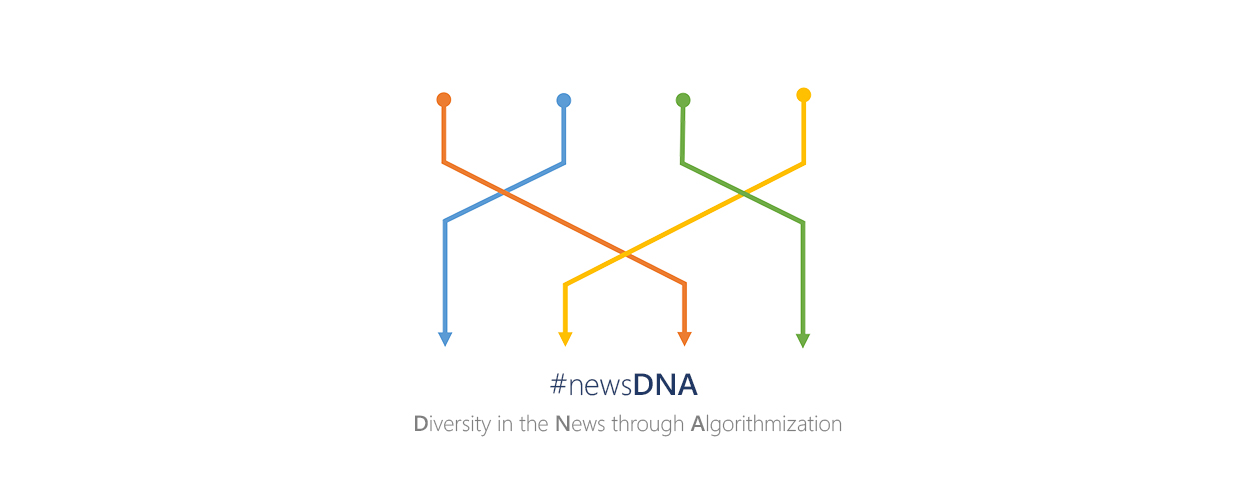Research
Research
Drawing on an multidisciplinary partnership between communication sciences, linguistics, law an computational sciences, this project aims to develop an algorithm that brings personalization and privacy in balance with each other, promoting news diversity. The research project will therefore draw on text- and communication scientific-based inquiries together with the development of technological applications and procedures.
These goals are reflected by five work packages. A first work package deals with the operationalization and algorithmization of news diversity metrics (WP1). The following two work packages work in close interaction with each other: the models developed for fine-grained automatic content analysis (WP2) will be incorporated into the development of a recommendation algorithm (WP3). A fourth work package, audience research, produces several in-depth user profiles in terms of diversity of news consumption, whereon the algorithm will be tested and validated. Last, but not least, we will assess how a diversity algorithm could be embedded in policy and regulation (WP5).
